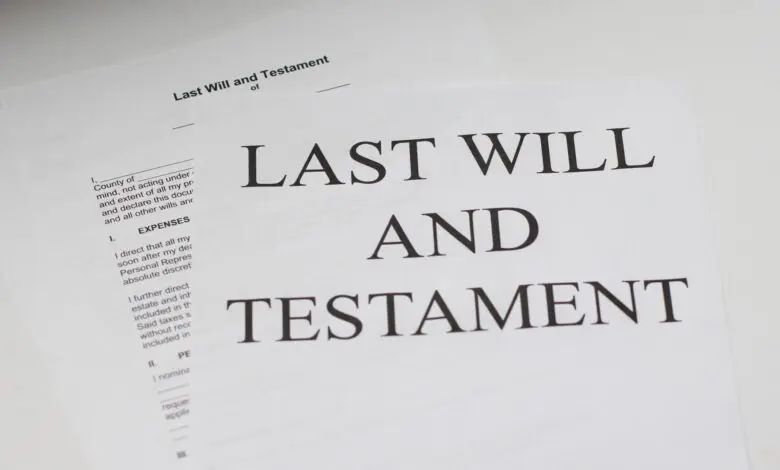Over half of UK adults do not have a will, Canada Life finds
According to 26% of respondents, the top reason for not making a will is the belief of not having enough assets or wealth to warrant creating one

Register to get 1 free article
Reveal the article below by registering for our email newsletter.
Want unlimited access? View Plans
Already have an account? Sign in
Some 51% of adults in the UK have not written a will, nor are they currently in the process of writing one, according to new research from Canada Life.
This percentage also includes 13% of people who stated they have no intention to write a will in the future.
Those over the age of 55 make up 30% of people who have not written a will, with 9% of the same age cohort reportedly without plans to put one in place.
According to 26% of respondents, the top reason for not making a will is the belief of not having enough assets or wealth to warrant creating one.
Meanwhile, others feel they have plenty of time to make a will (23%); they don’t want to talk about death (15%) or deal with solicitors (8%); and others do not want to pay for a will (14%).
The most common worries for not having a will is leaving loved ones with a lot of paperwork to deal with (27%), the belief that an estate won’t be divided up as the person would like (23%), that the estate might take a long time to resolve (18%), and that it will create arguments (15%).
In addition, 41% of UK adults said nothing worries them about not having a will.
Stacey Love, technical manager of tax, trusts and estate planning at Canada Life, said: “It may feel like there are many reasons not to make a will, whether that be having time on your side, not having ‘enough’ wealth to pass on, it being a cost you could do without or unfounded assumptions that your estate will be divided up equally and as you see fit, without a will in place.
“However, it’s important to look beyond the short-term pain of having to think and talk about your own mortality as writing a will, will inevitably mean a long-term gain for your loved ones, when they do not have to worry about or deal with a huge additional burden, if the worst happens.”






